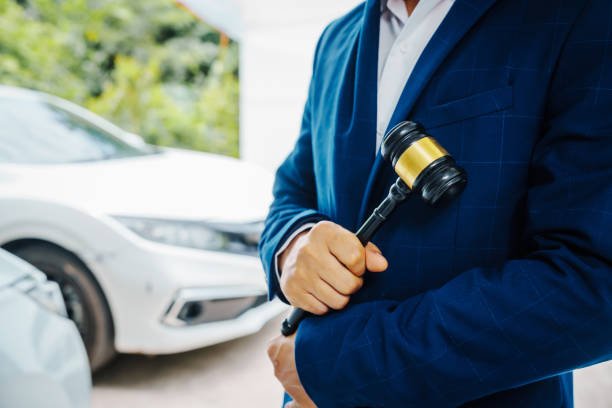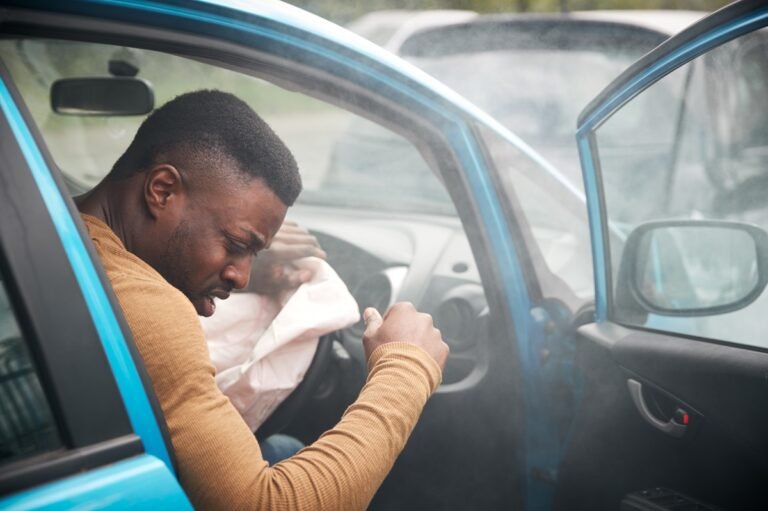Understanding Liability in Public Property Slip and Fall Cases
Slip and fall accidents can happen anywhere on icy sidewalks, wet subway station platforms, or poorly maintained staircases. But when the injury happens on public property, one question becomes critical: Who is responsible? Determining liability in these cases is complex and often involves specific rules and deadlines, especially in a city like New York.
If you or a loved one has suffered a slip and fall injury on public property, consulting a knowledgeable attorney like IraPintel can help you understand your rights and legal options.
📍 Office: 147 East 82nd Street Suite 6B, New York, NY 10028
📧 Email: Ira@irapintel.com
📞 Call: (917) 941-4094
Understanding Public Property Slip and Fall Cases

Slip and fall injuries on public property differ from those on private premises. The main difference lies in who owns and maintains the property. In New York, this could include:
- City or municipal governments
- Transit authorities
- Public housing agencies
- State institutions
Each entity has specific legal protections and procedures when it comes to personal injury claims, which makes filing more complicated than a standard premises liability case.
Common Places Where Public Slip and Falls Occur
These accidents can happen in a variety of public settings, including:
- Sidewalks and crosswalks
- Subway stations and platforms
- City parks and playgrounds
- Public schools and buildings
- Bus stops or transit terminals
- Government offices
In each case, liability depends on who was responsible for maintaining the area and whether they were negligent.
Who Can Be Held Liable?

City of New York or Local Municipality
In many cases, the city or town where the incident occurred may be liable. For instance, under New York City Administrative property owners (not the city) are typically responsible for maintaining the sidewalks adjacent to their property unless it’s a city-owned building or government space.
However, the city may still be liable for injuries on:
- Sidewalks adjacent to public buildings
- City-run facilities (e.g., community centers, libraries)
- Subway and transit areas maintained by the MTA
To sue the city, you must meet strict procedural requirements (more on this below).
Transit Authorities (like the MTA)
If your slip and fall happened at a train station, bus depot, or on subway stairs, the Metropolitan Transportation Authority (MTA) or one of its sub-agencies (e.g., NYC Transit) may be liable. These agencies are subject to their own rules, including notice of claim deadlines.
State of New York
If your fall occurred on state-owned property—like a courthouse or state college campus—the State of New York might be the responsible party. In this case, your claim would go through the New York Court of Claims, which has its own filing rules and process.
The Importance of “Notice” in Slip and Fall Cases
To hold a government agency liable, you must generally prove that:
- The condition existed long enough for the agency to be aware of it
- The agency had actual or constructive notice of the hazard
- They failed to address the issue within a reasonable timeframe
For example, if you slipped on an icy subway entrance that had been untreated for hours, there may be grounds for liability.
You Must File a Notice of Claim—And Fast
When you slip and fall on public property in New York, you typically must file a Notice of Claim within 90 days of the incident. This notifies the government agency of your intention to file a lawsuit.
Missing this deadline can result in your case being dismissed—even if your injuries are severe. That’s why it’s crucial to speak to a lawyer as soon as possible.
What Compensation Can You Claim?
If successful, a slip and fall claim can help recover damages for:
- Medical bills
- Lost wages
- Pain and suffering
- Rehabilitation and therapy
- Permanent disability or disfigurement
Government entities may have limits on how much compensation you can claim, so understanding the specific policies is vital.
Should You Hire a Lawyer for a Slip and Fall on Public Property?
Absolutely. These cases are not just about proving negligence—they’re also about following precise legal procedures and deadlines. A personal injury attorney can help by:
- Investigating the accident
- Identifying the correct liable party
- Gathering time-sensitive evidence (e.g., camera footage, witness statements)
- Filing a Notice of Claim and all legal documents correctly
- Negotiating with government lawyers or representing you in court
At Ira Pintel, we offer personalized guidance to accident victims in New York and help them navigate these challenging cases.
Slip and fall accidents on public property can be painful, confusing, and legally tricky. Identifying the correct liable party and meeting all legal deadlines are key to getting the compensation you deserve. If you’re dealing with an injury caused by unsafe public conditions, don’t wait.
Let Ira Pintel, a dedicated personal injury law firm in New York, help you protect your rights and secure the justice you’re entitled to.
📍 Address: 147 East 82nd Street Suite 6B, New York, NY 10028
📧 Email: Ira@irapintel.com
📞 Phone: (917) 941-4094
FAQs About Slip and Fall Injuries on Public Property
Can I sue the City of New York for a sidewalk fall?
Yes, but only under certain conditions. For example, the city may be liable if the sidewalk is adjacent to city-owned property or if the hazard was officially reported prior to your fall.
What is a Notice of Claim?
It’s a legal document that must be filed within 90 days of your accident when suing a public entity in New York.
What if my fall happened in the subway?
You may have a case against the MTA or another transit authority. These cases also require a Notice of Claim.
How long do I have to sue for a public slip and fall?
After filing the Notice of Claim, you generally have one year and 90 days to file a lawsuit.
Do I need a lawyer for these cases?
Yes. Government claims are legally complex and time-sensitive. A lawyer can ensure your case is properly handled from day one.




